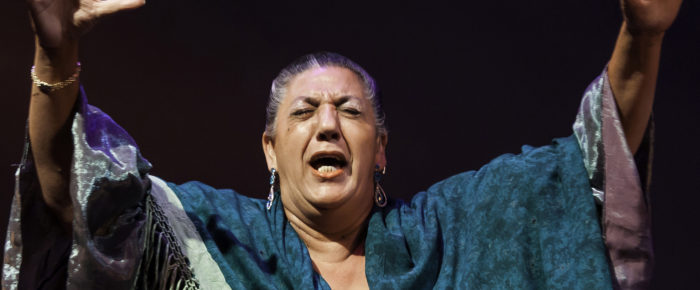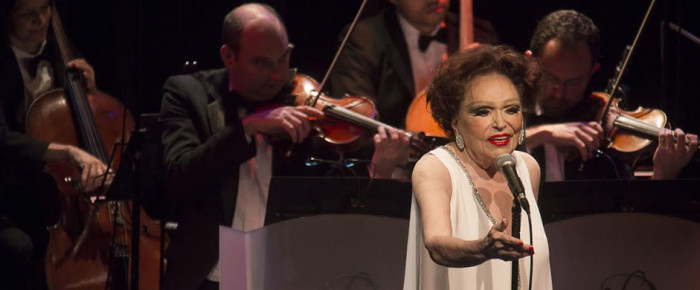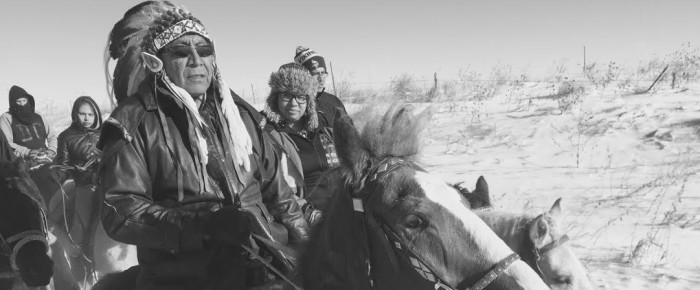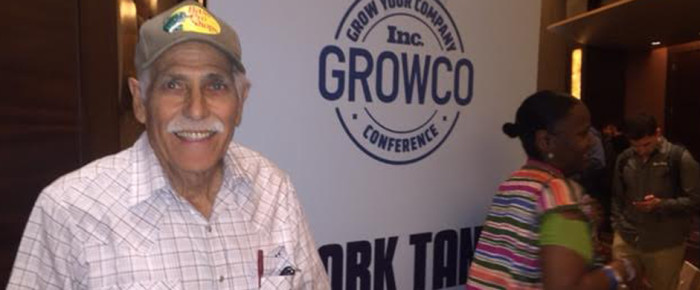Ivonne Coll is not a mother, or a grandmother, in real life, but she plays the role of both on television. Coll, otherwise known as Alba, plays the matriarch of…
Read moreFlamenco singer Juana la del Pipa on her Gypsy culture

Juana la del Pipa, once known as the “Tina Turner” of Flamenco, for her strong legs and dynamic nature, is still turning on passionate performances at 68. The deep-voiced Gypsy…
Read moreBibi Ferreira, 94, performs in NYC and shares her life

Bibi Ferreira is an entertainment powerhouse in Brazil — she’s been singing, acting, directing and producing for the past 75 years. At 94, she is also a force that doesn’t…
Read moreSioux chief heads World Peace and Prayer Day

Arvol Looking Horse does not have a computer or access to internet. He is also careful with his spoken words – he has to be, as he is Chief of…
Read moreInventor auditions for “Shark Tank” soon after heart transplant

Steve Albin grew up in the Santa Clara Valley prune orchards in northern California and has lived in nearby Los Altos his entire life. He has always appreciated the little…
Read more